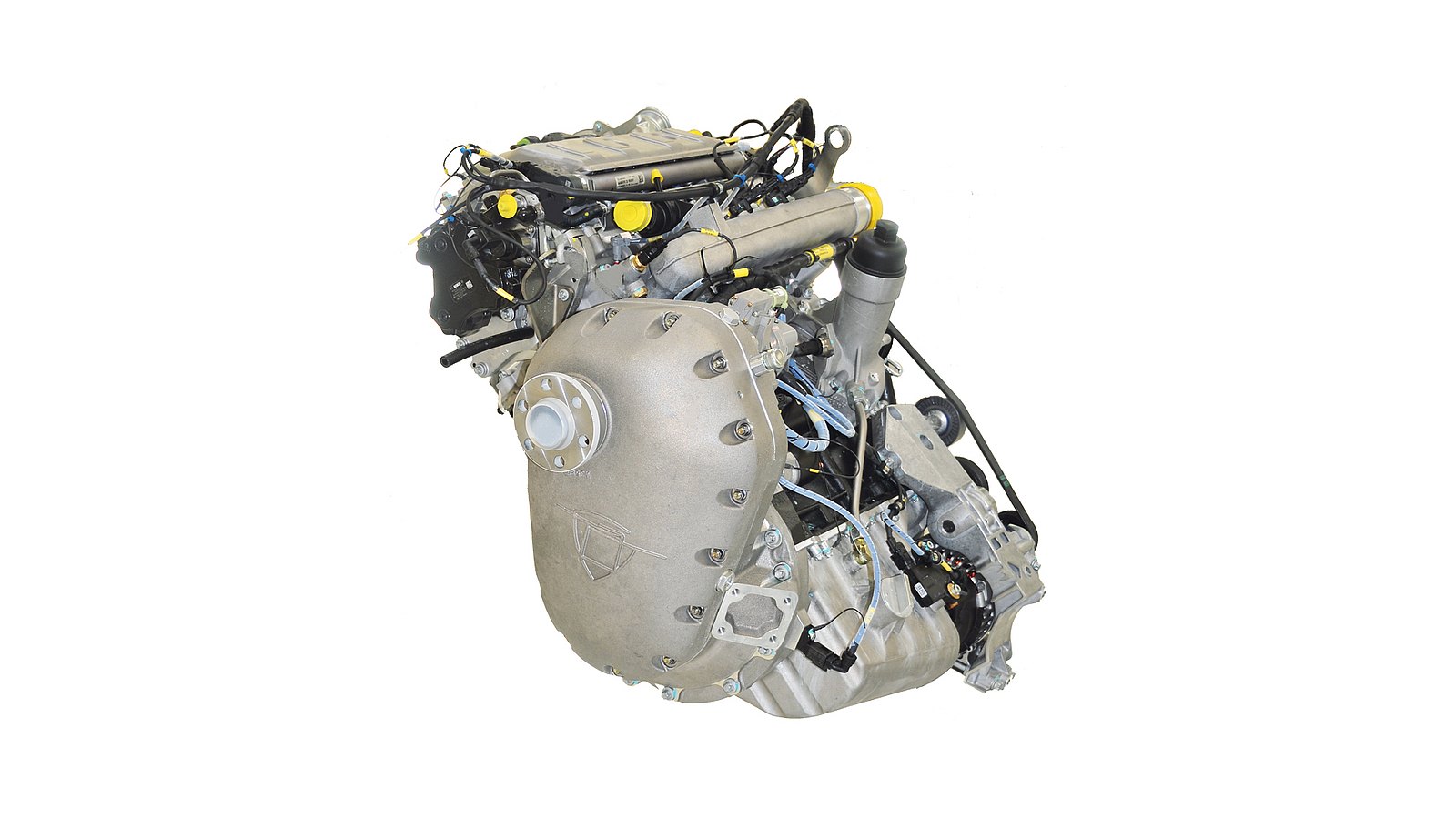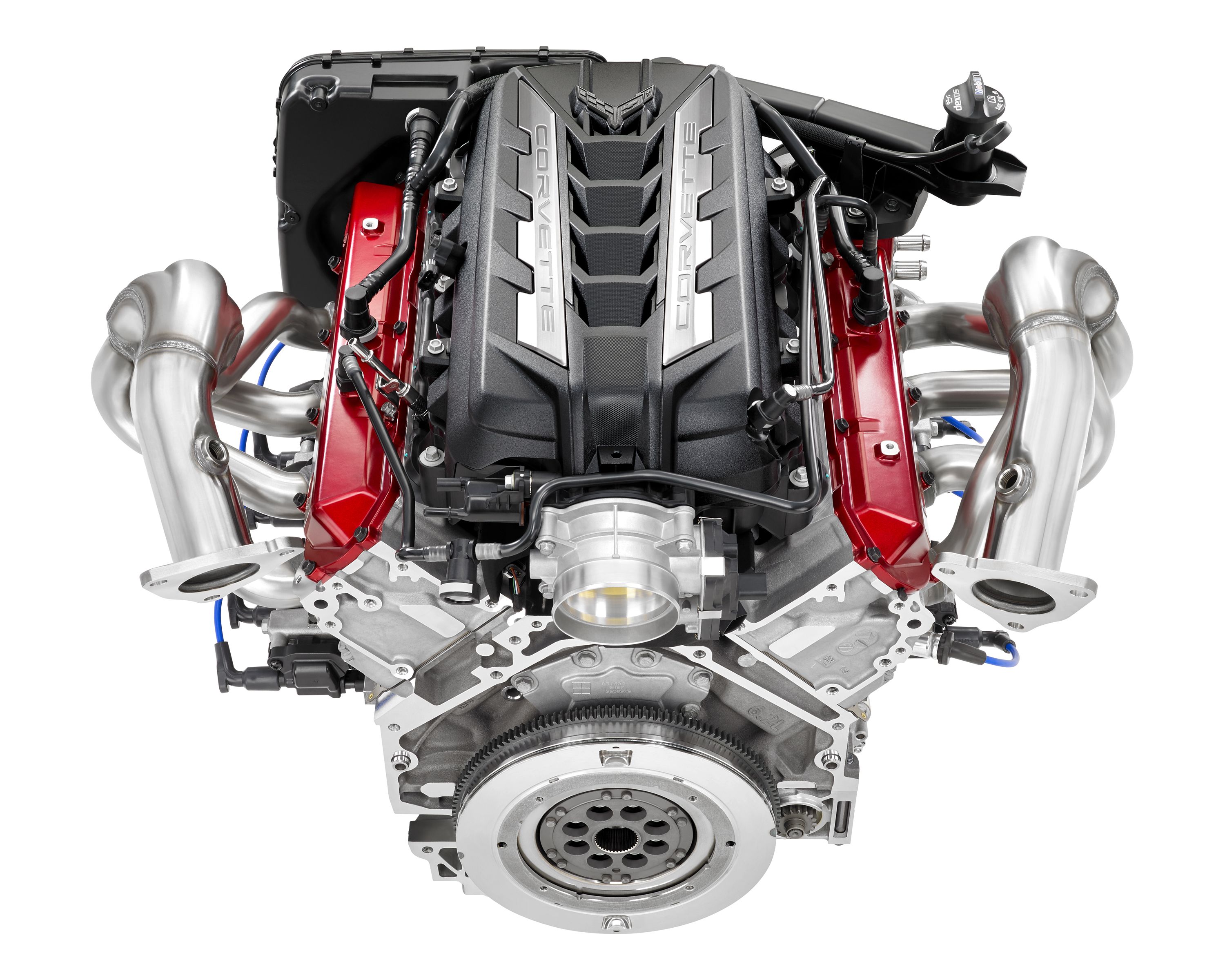How to Source Affordable Solutions from Engines For Africa
How to Source Affordable Solutions from Engines For Africa
Blog Article
Discover a Wide Variety of Engines for each Vehicle and Objective
The automotive landscape is significantly complicated, with a diverse variety of engine kinds created to fulfill certain performance and efficiency requirements across various car groups. From the high-performance engines that power cars to the fuel-efficient alternatives tailored for daily travelling, the options are vast and differed. Furthermore, sturdy engines offer the requirements of job cars, while eco-friendly options are obtaining grip in the search of lasting transportation. Recognizing these distinctions is essential for making educated choices, specifically as arising innovations proceed to shape the future of automotive engineering. What ramifications might these developments hold for suppliers and consumers alike?
Kinds Of Automotive Engines
Automotive engines can be classified into several distinct kinds, each developed to fulfill certain performance and efficiency requirements. One of the most typical categories consist of internal burning engines, electric engines, and crossbreed systems.

Electric engines, on the other hand, operate electrical power stored in batteries, giving immediate torque and no emissions. These engines are becoming increasingly prominent due to advancements in battery innovation and the expanding emphasis on sustainability.
Hybrid systems incorporate both internal combustion and electric engines, allowing automobiles to optimize fuel efficiency and reduce emissions by effortlessly changing in between power resources. Each engine type offers its negative aspects and benefits, influencing aspects such as vehicle design, intended use, and market need. When picking the suitable engine for their particular needs., recognizing these differences is critical for customers and manufacturers alike.
Efficiency Engines for Sports Cars
Efficiency engines for sporting activities vehicles are especially crafted to supply improved agility, power, and speed, establishing them aside from standard auto engines. These engines usually utilize advanced innovations such as turbocharging, supercharging, and variable valve timing to make best use of performance and responsiveness.
Commonly, performance engines are developed with higher compression ratios, which allow for greater power extraction from fuel. This results in impressive horse power and torque numbers, enabling quick velocity and higher leading speeds. Furthermore, the lightweight products used in these engines, such as light weight aluminum and carbon fiber, add to lowered overall vehicle weight, boosting handling and ability to move.
Engine setups like V6, V8, and also hybrid systems are usual in performance sporting activities vehicles, each offering unique advantages in regards to power distribution and driving characteristics. The tuning of these engines is additionally essential; several producers maximize the engine monitoring systems to offer an electrifying driving experience, often consisting of sport settings that readjust throttle reaction and gear changes.
Reliable Engines for Daily Commuters
In the realm of everyday travelling, effective engines play a crucial duty in maximizing fuel economy and minimizing exhausts while providing reliable performance. As city populaces grow and ecological problems heighten, the demand for automobiles outfitted with efficient visit this page powertrains has actually surged.
Modern engines designed for everyday travelers often incorporate technologies such as turbocharging, direct gas shot, and hybrid systems. Turbocharging enhances engine performance forcibly more air into the burning chamber, permitting smaller, lighter engines that do not compromise power output. Straight fuel injection boosts gas atomization, causing much better burning and raised efficiency.
Hybrid engines, integrating inner combustion with electrical power, further augment fuel economic climate, especially in stop-and-go traffic, where typical engines can deal with inadequacies. Electric motors aid throughout acceleration and can operate individually at low speeds, minimizing total gas consumption.
Additionally, improvements in engine management systems and lightweight materials contribute substantially to effective engine layout. By concentrating on efficiency, durability, and environmental sustainability, producers proceed to deliver engines that not only fulfill the demands of day-to-day travelling but likewise line up with worldwide efforts to minimize click for source carbon footprints.
Heavy-Duty Engines for Work Cars
Durable engines for job lorries are regularly engineered to provide exceptional torque and integrity under requiring conditions. These engines are developed to perform in atmospheres where standard engines might falter, such as construction sites, logging operations, and farming settings. The main focus of heavy-duty engines is their capability to produce high levels of power while maintaining durability over extended durations of operation.
Typically, durable engines use sophisticated products and robust construction methods to stand up to the rigors of heavy work. Functions such as strengthened cyndrical tube blocks, boosted air conditioning systems, and progressed fuel injection technologies add to their performance. These engines usually run at reduced RPMs, which helps to optimize fuel effectiveness while giving the needed power for towing and carrying.
In enhancement to mechanical effectiveness, heavy-duty engines are commonly geared up with sophisticated digital control systems (ECUs) that take care of efficiency, emissions, and diagnostics. This integration enables better tracking and upkeep, making sure that work lorries stay functional and reliable.
Inevitably, sturdy engines are a crucial part in the productivity of numerous industries, offering the essential power and integrity to deal with the toughest of jobs.
Eco-Friendly Engine Options
The expanding emphasis on sustainability has actually led to the growth of environment-friendly engine alternatives that focus on reduced emissions and improved fuel efficiency. These engines are designed to minimize the ecological influence of automobiles while still providing the performance and dependability anticipated by customers.
Amongst one of the most remarkable green alternatives are hybrid and electrical engines. Hybrid engines combine traditional internal burning engines with electrical propulsion, enabling for decreased fuel intake and reduced greenhouse gas discharges. Electric engines, on the other hand, operate totally on battery power, creating no tailpipe emissions and contributing to cleaner air quality.
One more promising growth is the innovation of biofuel engines, which use renewable energies, such as plant materials, to power lorries (Engines For Africa). By utilizing biofuels, these engines can decrease dependence on nonrenewable fuel sources and reduced general carbon impacts

As the auto market evolves, green engine choices will play a crucial function in driving the transition in the direction of more lasting transportation solutions.
Verdict
The auto industry offers a varied variety of engines created to fulfill various lorry needs and objectives. From high-performance engines that enhance sporting activities automobile capabilities to effective versions prioritizing gas economy for everyday travelers, each kind offers a particular feature. Heavy-duty engines satisfy durable job cars, while directory eco-friendly choices, such as electrical and biofuel engines, advertise sustainable transportation. This comprehensive range makes sure that all driving requirements are dealt with, adding to advancements in automobile modern technology and ecological stewardship.

Report this page